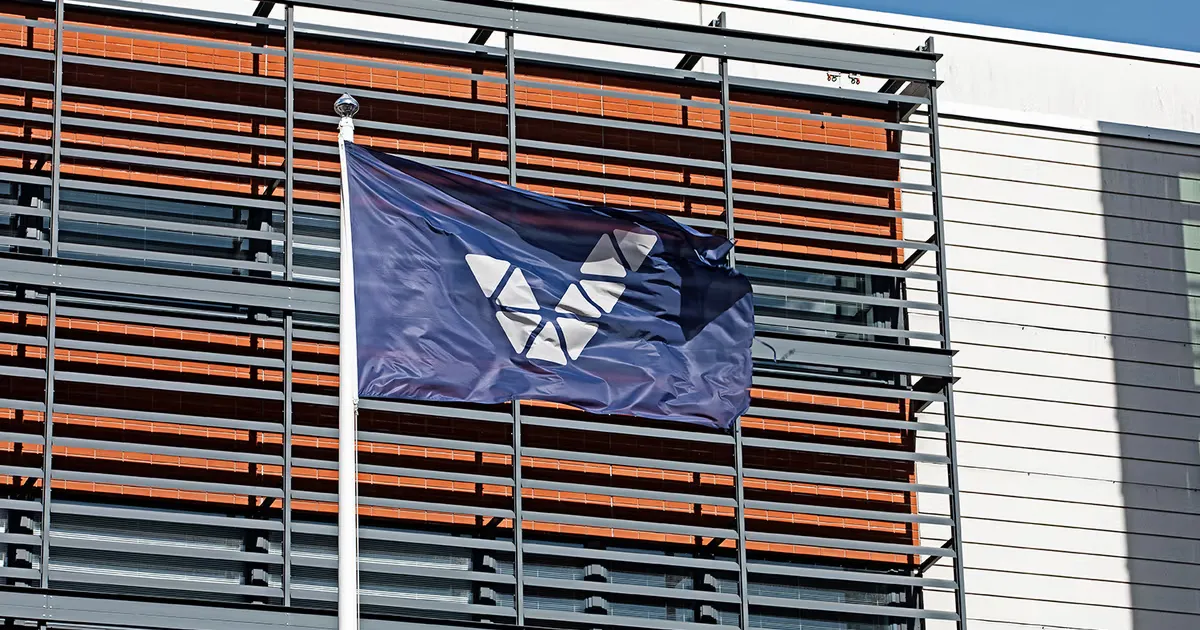Is Veikkaus about to be sold?
As part of the ongoing reform of gambling legislation in Finland, the question of the sale of Veikkaus, which holds the gambling monopoly in Finland until 2026, is increasingly being raised. The question was asked again by the economic and financial newspaper Kauppalehti in its editorial.
Kauppalehti’s editorial begins:
“Only by betting can you win,” Veikkaus said in an advertisement. Fortunately, the cash-strapped government can rephrase the message as follows: “Thanks to Veikkaus, we can win.”
Interesting, as is the editorial title: “The state is perched on a billion-dollar golden egg: selling this company would finance election-year investments”, and the follow-up article: “ A dowry of a billion dollars for the next government? It’s worth profiting from this business.”
Veikkaus estimated at 5 billion euros
In his article, Kauppalehti speculates on the value of Veikkaus based on the offer to purchase Kindred from Française des Jeux. The FDJ’s offer amounts to 2.45 billion euros, we can therefore count on an estimated value of Veikkaus of 5 billion euros.
The Veikkaus monopoly will end in 2026 with the introduction of a licensing system. So this would be the perfect time for the government to take this company public. The money from the sale would constitute a sort of dowry for the next government’s investment.
Still according to Kauppalehti, Veikkaus seems poised to become a financial investment for the state. And everything suggests that at one point or another, the company will be sold partially or completely.
Kauppalehti’s point of view is entirely valid: once the gambling monopoly system is abolished, there will no longer be a need for the state to own a gambling company.

